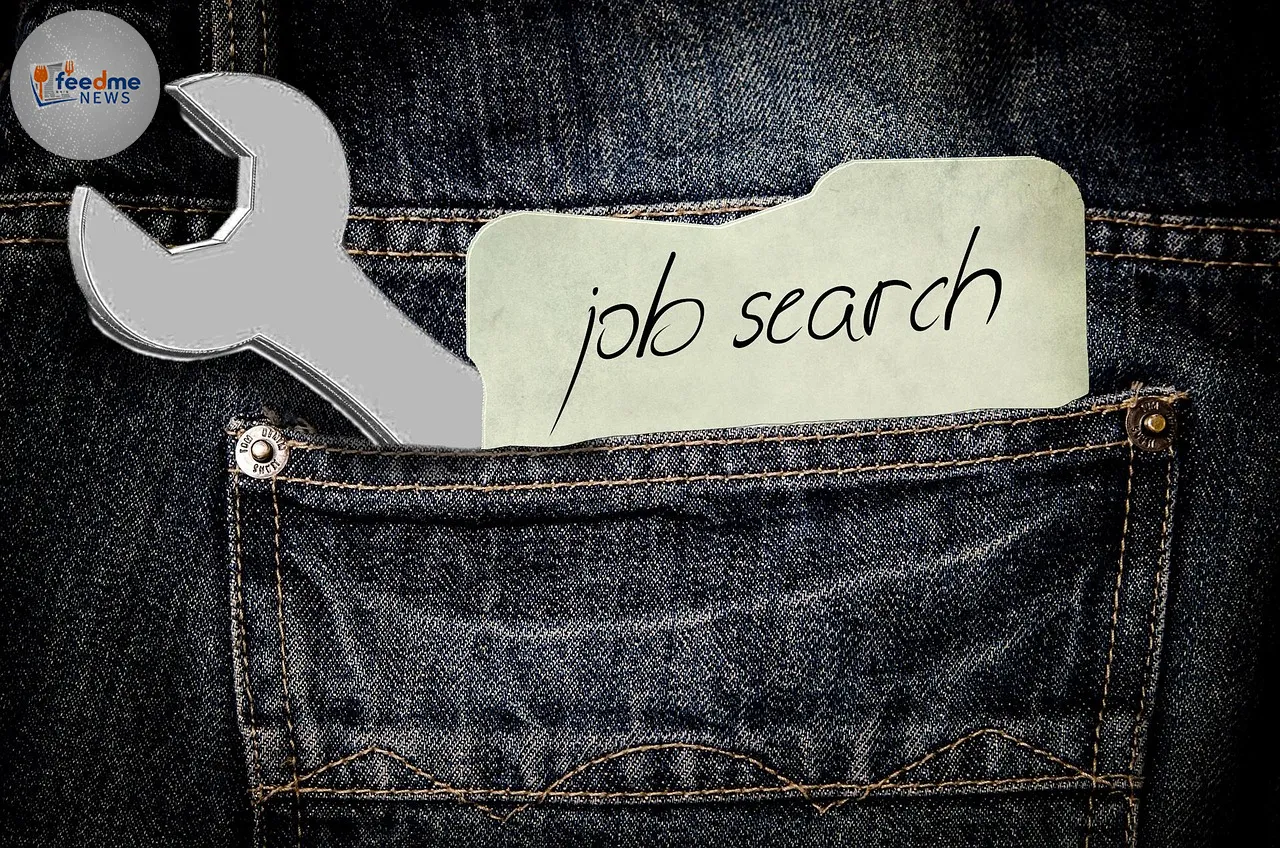Family-owned businesses and farms across the UK face a daunting challenge following recent tax reforms, as job cuts, halted investments, and asset sales become the new norm. Research by CBI-Economics, commissioned by Family Business UK, highlights the significant impact of the government’s decision to cap Business Property Relief (BPR) and reform Agricultural Property Relief (APR). This move has sent shockwaves through the sector, threatening 200,000 jobs and the future of many family enterprises.
The sweeping tax changes, implemented earlier this year, aim to address perceived loopholes in inheritance tax laws. However, critics argue that these changes disproportionately affect family-run operations, which often rely on these reliefs to remain viable. The government’s efforts to increase tax revenues have inadvertently placed small and medium-sized businesses in a precarious position.

Impact on Family Businesses
Family businesses, which make up a significant portion of the UK economy, are feeling the pressure as they grapple with the implications of the tax overhaul. According to CBI-Economics, nearly 70% of family-owned enterprises have already taken steps to mitigate the financial strain. This includes reducing their workforce, freezing expansion plans, and liquidating assets to meet new tax liabilities.
James Smith, owner of a family-run manufacturing business in Birmingham, expressed his concerns: “We have had to make some tough decisions. The tax changes mean we cannot afford to keep all our staff. It’s heartbreaking, especially when we’ve worked with some of them for decades.”
The Confederation of British Industry (CBI) warns that the ripple effects could extend beyond job losses. The organisation predicts a slowdown in innovation and growth within the sector, as businesses divert funds from development to cover increased tax burdens.
Agricultural Sector Takes a Hit
The agricultural sector, already under pressure from fluctuating market prices and environmental challenges, now faces additional hurdles due to the reform of Agricultural Property Relief (APR). Farmers who rely on APR to pass their land and assets to the next generation without incurring prohibitive taxes are now reconsidering their options.
Lucy Thompson, a third-generation farmer in Norfolk, shared her predicament: “We’ve always planned to pass our farm to our children, but with these changes, it’s becoming financially unfeasible. We might have to sell parts of our land just to keep the rest.”
The National Farmers’ Union (NFU) has voiced its concerns, urging the government to reconsider the reforms. The NFU argues that the changes could lead to a decline in farm succession rates, potentially reducing the number of family-run farms in the UK.
Government’s Rationale and Response
The government’s rationale for the tax changes centres on closing loopholes that allow wealthy individuals to avoid paying their fair share of taxes. Officials argue that the reforms will create a more equitable system, ensuring that all taxpayers contribute proportionately to public finances.
In response to the backlash, a spokesperson for the Treasury stated, “These reforms are part of our commitment to a fair tax system. We have taken steps to ensure that genuine businesses are not unfairly penalised and continue to support economic growth.”
However, industry experts remain sceptical. They argue that the government’s measures do not adequately consider the unique challenges faced by family businesses, which often operate on thin profit margins and cannot easily absorb additional costs.
Economic and Social Consequences
The potential economic and social consequences of the tax overhaul extend beyond individual businesses. With 200,000 jobs at risk, the broader economy could feel the effects, particularly in rural areas where family-run enterprises are a major source of employment.
Dr. Sarah Johnson, an economist specialising in small business development, warns of the long-term impact: “The loss of 200,000 jobs could have a domino effect, leading to reduced consumer spending, lower tax revenues, and increased demand for social services.”
Communities that rely heavily on family businesses and farms may experience heightened economic instability, with fewer employment opportunities and reduced local investment.
Looking Ahead
As family businesses and farms navigate the challenges posed by the tax reforms, there is growing pressure on the government to reconsider its approach. Industry leaders and advocacy groups are calling for a more nuanced policy that supports economic growth without disproportionately burdening family-run enterprises.
The coming months will be crucial in determining the future of family businesses in the UK. Stakeholders are hopeful that continued dialogue with policymakers will yield solutions that balance fiscal responsibility with the needs of the business community.
For now, family-owned operations must adapt to the new landscape, making difficult choices to ensure their survival. The resilience and ingenuity of these businesses will be tested as they seek to weather the storm of tax reform and emerge stronger on the other side.





